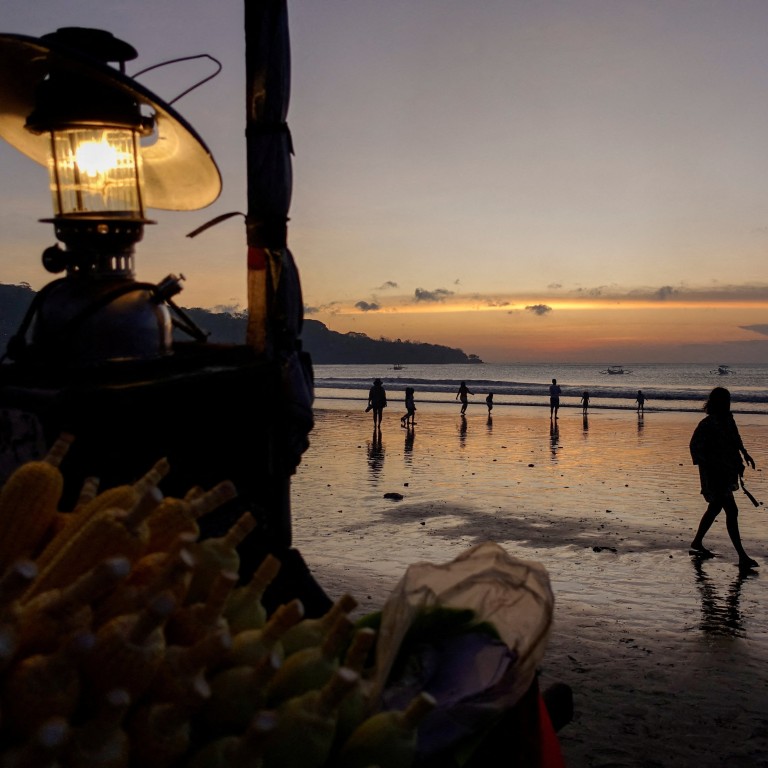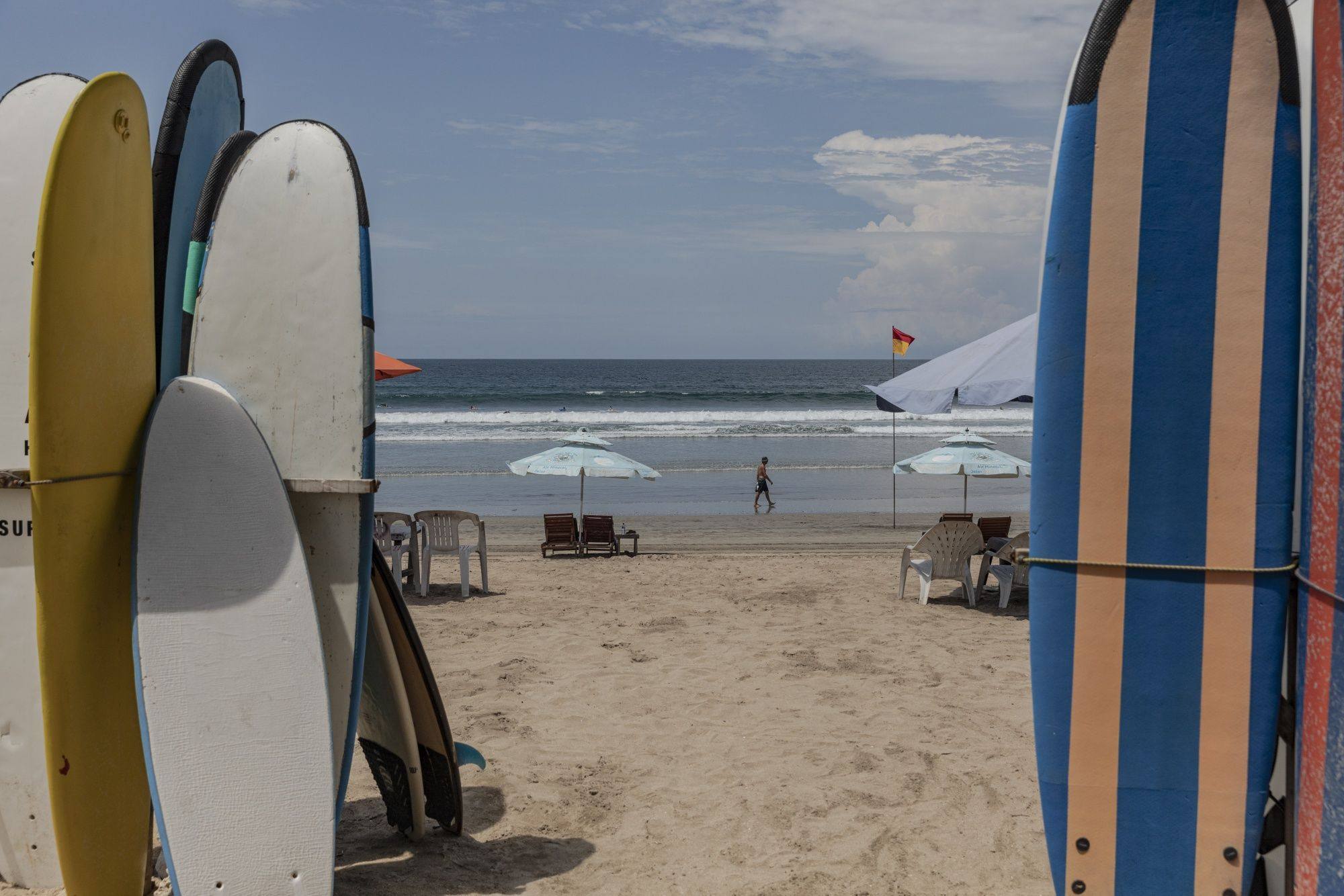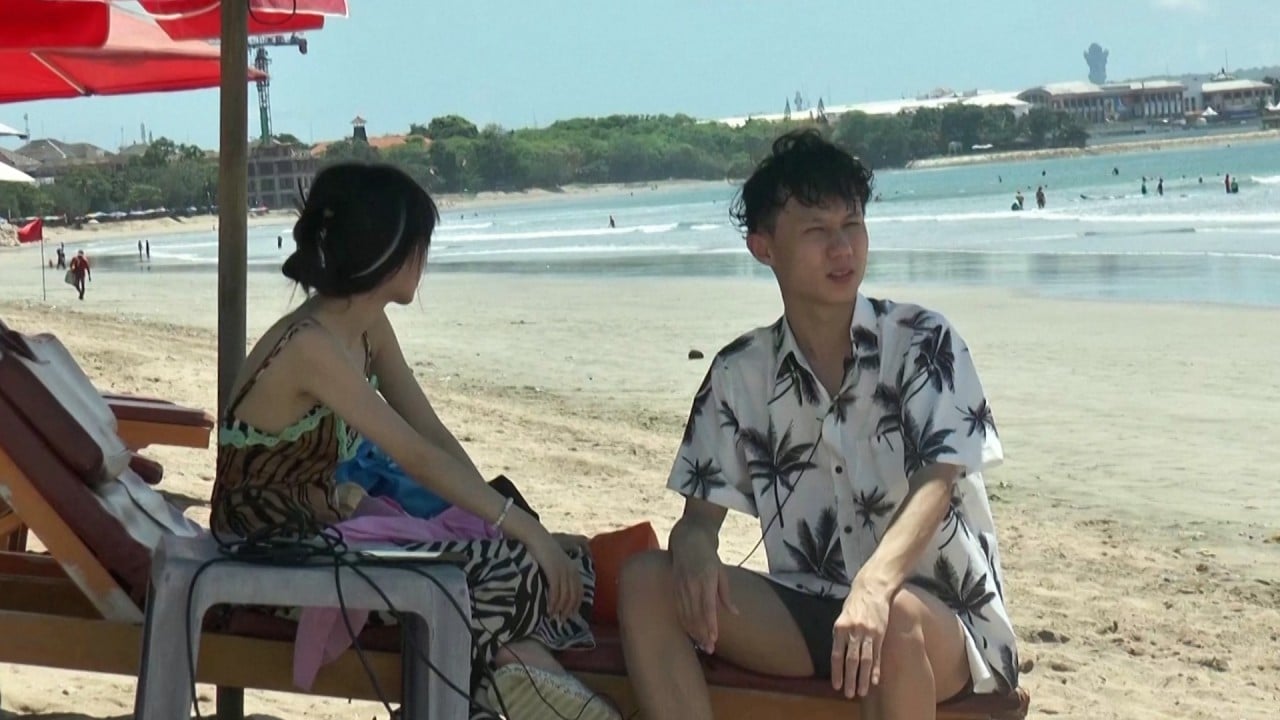
Expat retirees fearing last Christmas in Indonesia get visa reprieve – for now
- Foreign retirees were worried that this Christmas would be their last in cheaper-living, warm nation, as government is altering visa rules on Christmas Eve
- It’s still trying to entice wealthy foreigners to Indonesia’s shores, but has dropped, for the time being, the requirement to have 2 billion rupiah or own a luxury property
However, Jakarta changed its mind on Wednesday, three days before the deadline, cheering those who feared it could be their last Christmas in Indonesia.
Elizabeth, a 71-year-old Australian who has lived in Bali for over 20 years, said she was “very relieved” by the climbdown.
She speculated, though, that the authorities had never intended to target pensioners as they rejigged the rules.
“It was going to be a very, very sad Christmas for many of us. Some people were very very concerned,” added Elizabeth, who holds a five-year visa, known as Kitap.

The second home visa is being introduced to “accommodate foreigners with deep pockets”, he said, but the government also said it would be selective in choosing the visa’s recipients.
Under the new circular, though, holders of retirement visas like Elizabeth will not have to convert to a second-home visa “until a further decision is issued”.
Those last words have left a degree of uncertainty in the air. Elizabeth said the outlook is “a bit disquieting”, while James, an 80-year-old Australian in Bali since 1996, urged Jakarta to clear up any doubt soon.
“They weren’t absolutely 100 per cent clear … they just said that there would be further announcements,” he said. “That could mean a lot of things. So one would hope that those announcements are going to be favourable [for us].”
“It just seems so unreasonable and unjust,” he added, of the initial proposal to convert retirement visas. “In some ways, I sort of understand that it’s a process that they went through and they got it wrong, or maybe they’re still going to change that.”
For now, the retired entrepreneur said he intends to celebrate Christmas after previously “feeling guilty about having fun because we might be kicked out the next day”.
He said people he knew were “happy” and he sent “cheers to immigration”.


